There are a host of Election promises being thrown around by the various political parties ahead of the General Election. Naturally many are Brexit related, but others refer to life after Brexit including everything from being an 80% carbon free country in just a decade to billions for the NHS, a shorter working week, a rise to the minimum pay, investment in the police, and scrap tuition fees.
But there is one election promise that has grabbed the headlines and that is the audacious Labour policy to give free broadband to everyone. This wouldn’t just be the fibre broadband but full fibre broadband which would remove copper cables and involve running a fibre optic cable into every household in the country. The difference is gigabit speeds come with full fibre, or 1,000Mbps compared to a maximum of 66Mbps on fibre where the final connection is over existing copper cables. Full fibre broadband is currently only available to about 7% of the UK so it’s a massive undertaking to make it available to everyone, let alone give it away for free.
Currently, the best connection you are ever likely to see is actually on mobile where with 4G+ you can get up to 150Mbps or 5G at 300Mbps, but this is only available with the most up to date smartphones and in tiny areas of the country.
Labour’s plan would be to privatise BT Openreach (at a cost yet to be determined) and has threatened to privatise other companies if they didn’t come on board – by which you can take it to mean privatising Sky and Virgin’s broadband operations.
The reality of this however is the sheer cost involved – half the country still can’t get access to even the most basic of broadband services or when they do it’s at very slow speed. Many can’t even access 3g mobile services. Rolling out fibre to every household in the country would involve digging up every street in the country to run cables and then from the roadside to the house for the final fibre connection. Labour reckon the cost would be around £20 billion with maintenance costs of around £230 million a year coming from big tech companies such as Google, Facebook and Amazon who Labour think don’t pay their fair share of tax anyway.
However full fibre broadband for free would be a massive boon for the average votor, especially those paying an average of around £30 a month for a service which is quite frankly a bit rubbish in many cases. Labour reckons it would take a decade to roll out with an ambition to complete by 2030 so don’t expect your megafast free broadband any time soon… and that comes with the rider that Labour have to first win the Election.
As a consumer it’s hard not to like Labour’s free fibre broadband election promises. As a business you might worry that if the tech giants get taxed more that they’ll simply pass it on to the small businesses using their platforms. Amazon have form for doing this having already increased merchant fees to cover the 3% digital tax in France. There’s nothing much that comes for free from governments that consumers and businesses don’t end up paying for in one form or another.


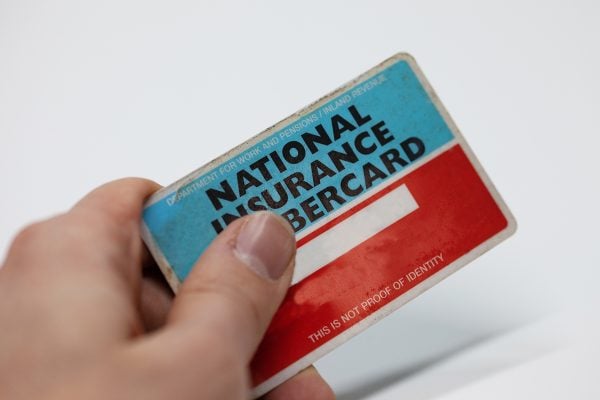
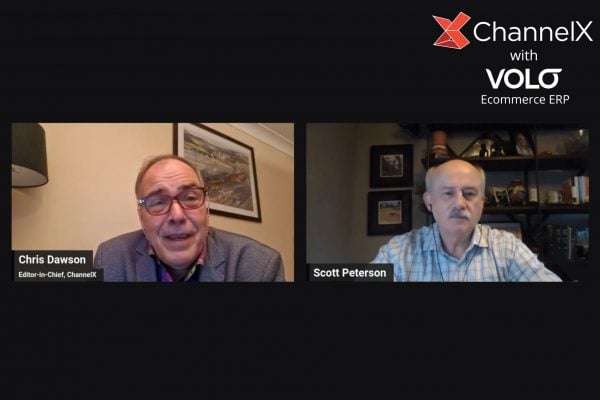
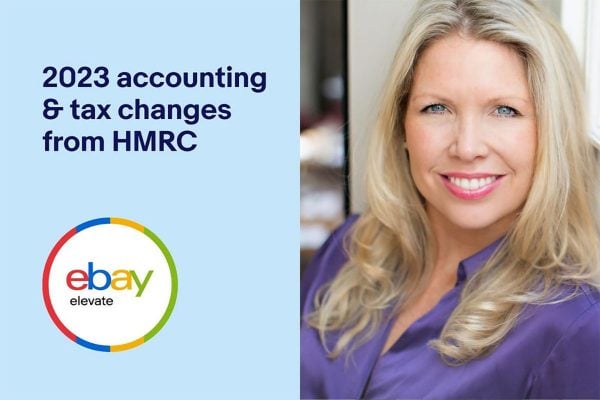
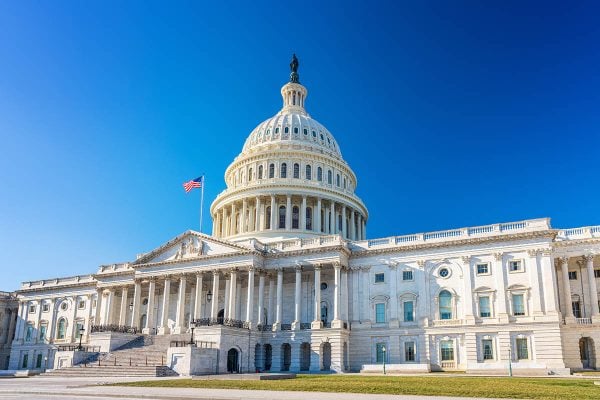

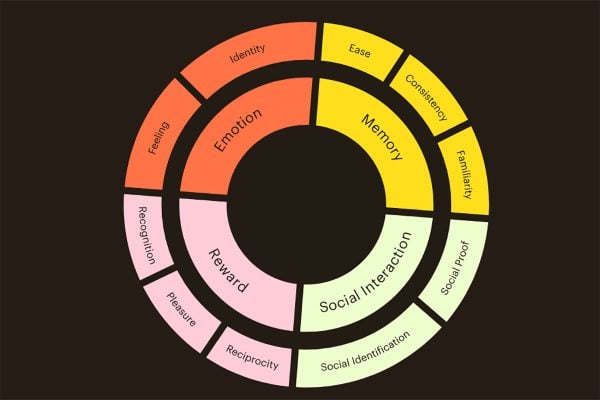


21 Responses
He is great this fella Mr Corbyn, everything is going be free soon by the sounds of it. Plus we will get double the pay and have to work half the hours…
Chris
That is exactly the problem. The cost is astronomical and as with every half brained Labour idea will deter investment.
The UK is an attractive investment destination because it is business friendly. Imagine you are a business and are looking to invest in the UK and see that there is a risk that some nutcase will come along and promise anything and everything in order to buy votes and get into power. Why would you invest?
Labour are simply bribing economically illiterate people with free things to get into power.
Google, facebook, amazon. Three companies used by businesses.
A tax on them? Sure, expect the tax to be passed directly on with increased fees. I’m sure sellers currently paying 18% amazon fees won’t mind paying 25% instead in return for everyone having ‘free’ broadband.
And businesses of course simply pass on their increased costs with the 3 companies mentioned first – so costing more for consumers.
Still everyone is happy.
What sort of broadband? I used BT once, the broadband was very poor speed and every time the phone rang the broadband went off for hours. That was years ago, my neighbour switched to BT last year and had the exact same trouble with the exact same lack of solution from BT.
What would be the point of free broadband if its useless to me?
“Labour are simply bribing economically illiterate people with free things to get into power.”
pretty much like Billy Farage / Boris / Gove did in 2016.. so what’s new…..
The quality of service would be terrible. Imagine all the cuts back they’d make and lack of engineers to fix faults. You’d end up going on to a waiting list of 6 months to get your broadband fixed, much like wait times for some people with the NHS.
corbyn trying to add another chapter to animal farm
Who really needs Fibre broadband ?
Mobile internet is good enough – 4G is good enough for 99% uses/users – and building more towers would be much more economical than digging cables – a lot cheaper for providers and users, quicker, cheaper to maintenain, etc.
If anyone needs higher speeds – they can simply install more 4G or 5G receivers and do “load balancing”.
I recently had the displeasure of living in a house with a Max download speed of 6Mbs. This, in a heavily urban area close to Manchester city centre. This plan is nothing short of necessary.
Everyone who thinks they’re an economic guru should reflect on the fact that money spent on infrastructure is not coal being thrown into a furnace. It is money being given to companies and employees to provide a service, which is then in turn taxed, spent, and taxed again, returning it to the treasury over time.
This is how the NHS was founded in a post-war country, without debt being left behind. The important thing here is not how much something costs, its what service and improvements to life we receive in exchange.
This is visionary, necessary, and fiscally sound. The cost is a pittance of what we can afford, and the boost to the economy will outweigh it ten-fold. How much of the economy is digital now? What percentage of the workforce work remotely? The answers are 4.4% and 1.4million. By increasing fibre coverage, we not only boost the quality of live of the general public, but we increase the market potential for businesses to sell to. Pretty hard to sell a Netflix subscription to someone who doesn’t have the bandwith to stream a programme. The productivity boost to remote workers cannot be understated, either.
Reading comments here, there’s a lot of people who clearly think that when we spent $25billion to go to the moon, the rocket was full of gold.
The issue is creating a Monopoly in anything whether is Public or Privately owned is bad idea and always leads to massive inefficiencies . Why does anyone think that the government running huge organisations is a good idea??? Please give me one example large of a “well run” government organisation. I a strong believer in universal healthcare, however that does not I believe it’s particular well run or very efficient, that not to say the doctors and nurses aren’t doing a fantastic job, with the resources available to them.
Ultimately large government run organisations, get run for the benefit or those working in them, (lead by trade unions, which is why Corbin etc are so keen on this).
Who do you complain to if your internet goes down and the response time instead of being 24 hours, becomes one to two weeks (becuase government target get missed), at least if your current provider lets you down you can go elsewhere, where can go if the whole thing is privatised and a your internet goes down for long periods and there is one provider.
Or who much power do you the think that whichever union members that controls new organisation and therefore the Country entire access to the internet and can turn the whole thing off, if they go on strike how much power they will hold over the rest of Country??? They will hold the entire Country to ransom, everytime they can, because that whats unions do, put there members interest above that of everyone else. Anyone who doesn’t believe that this is ultimate outcome is naive.
But his is exactly what Corbin wants.
Electric was once and still is the must have technology
Why not make that free using the same logic?
Why is everyone saying “privatise” BT Openreach in this post. Surely you mean “nationalise”!
Ahh looking forward to free internet. I will finally be able to follow in real-time(!) the free and on-time Great British trains – one taking me from Darlington to Exeter. Journey time 75mins.
What times to be alive ;-]
what is with the idea that ‘nationalised’ means badly run?
the trains are called up a lot, i’m not old enough to remember them being terrible and publically owned, i remember them being privately owned and terrible though.
– that doesn’t mean i’m of the opinion it’s impossible for them to be privately owned and run well, different management is different management.
the trains are actually doing pretty well round here these days, since we sold the contract to the dutch government. so it’s basically nationalised but in the interests of a foreign nation at the moment. seems a bit silly to me, seems to me that our trains should be run in the interest of our country.
it’s also worth noting that the “take back control” mob wanting to leave europe have no problems with holland’s government owning and operating our rail network, but are affronted at the thoughts of us running it ourselves.